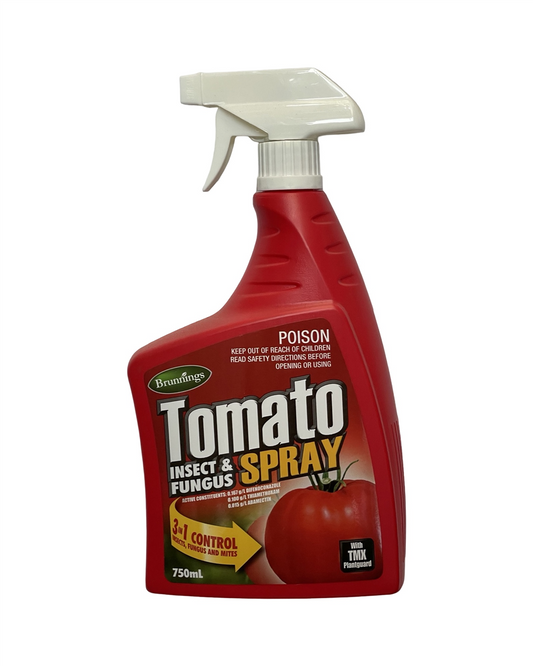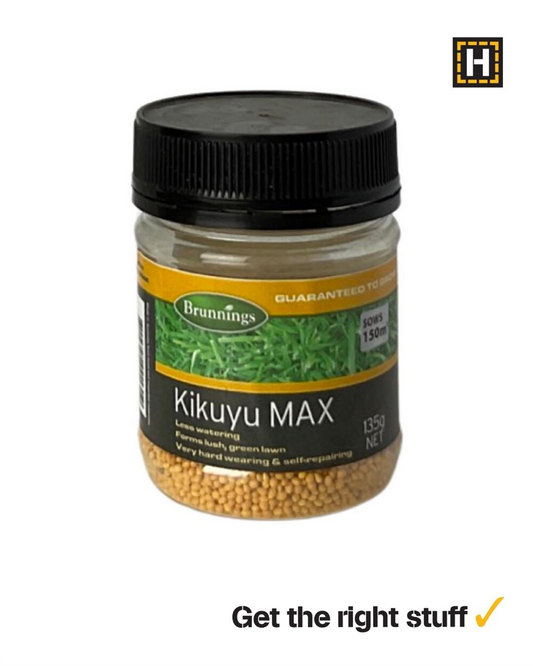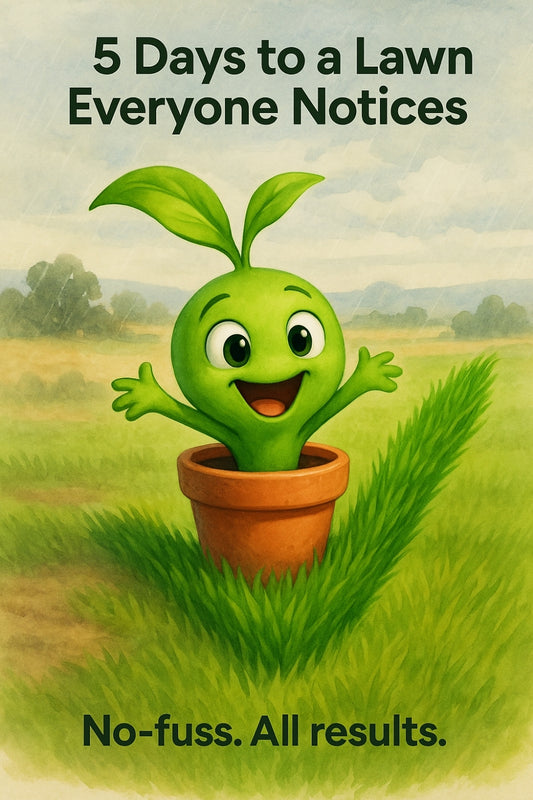What every gardener should know about balancing pests and beneficial insects
Share
Keeping Your Garden in Harmony: Natural Pest Control with Beneficial Insects
Ever battled an army of aphids and felt like waving a white flag? Or discovered half your tomato plants devoured overnight? Pesky garden invaders can make even the most enthusiastic beginner wonder if growing their own veggies is worth it. But before you grab the strongest pesticide on the shelf, let’s talk about a smarter, more nature-friendly solution—working with beneficial insects.
Meet Your Garden’s Little Heroes
You may call them creepy crawlies, but some insects are gardeners' best mates. These helpful critters take care of common pests without you lifting a finger. They act as natural pest control by feasting on the bugs that destroy your plants.
- Lacewings: Their larvae are like tiny garden ninjas, gobbling up aphids, caterpillars, and even mealybugs.
- Ladybirds: These spotted beauties don’t just look good; they devour aphids and scale insects with an impressive appetite.
- Praying Mantises: The stealthy stalkers of the insect world, they’ll take down moths, beetles, and grasshoppers.
- Hoverflies: Their larvae are voracious feeders, helping to keep aphid populations in check.
- Parasitic Wasps: These tiny, harmless-to-humans warriors lay eggs inside pests like caterpillars and whiteflies, stopping infestations in their tracks.
By welcoming these insects into your garden, you’re building a natural defence system that works without harsh chemicals.
How to Attract Beneficial Insects
Creating a garden that invites these helpful bugs is easier than you think. Here’s what they’re looking for:
- Flowers for Nectar: Many beneficial insects need nectar and pollen. Plant flowers like alyssum, marigolds, daisies, and lavender to keep them coming back.
- A Little Messiness: Avoid pruning everything to perfection. A few undisturbed patches of garden provide shelter and breeding spots.
- Diverse Planting: A mix of herbs, veggies, and flowers offers food and habitat for a variety of beneficial insects.
- Avoid Harsh Pesticides: Spraying broad-spectrum pesticides doesn’t just kill pests—it wipes out the good bugs as well.
- Provide Water: A shallow dish with a few stones gives insects a safe place to drink.
Avoid Common Pest Control Mistakes
New gardeners often make a few missteps when tackling pests. Here’s what to keep in mind:
- Don’t Panic at the First Sign of Pests: A few aphids won’t destroy your garden overnight. Often, beneficial insects handle the problem before it escalates.
- Be Patient: Natural predators need time to establish in your garden. A healthy balance takes time.
- Avoid Over-Feeding Plants: Too much fertiliser encourages rapid, weak growth, which attracts more pests.
- Learn to Identify Insects: Not all bugs are bad. Take time to research which critters are helpful before reaching for pest control solutions.
The Reward: A Thriving, Low-Maintenance Garden
Balancing pests and beneficial insects takes a little patience, but it pays off. You’ll have stronger, healthier plants, fewer outbreaks of destructive bugs, and a flourishing garden that practically looks after itself.
So, next time you spot an unexpected visitor in your garden, take a closer look. It might just be one of your best allies, quietly getting the job done.
 Stay Connected
Stay Connected
Join our gardening community on Facebook the Urban Gardener's Notebook
And follow our Store Facebook Page: Strathalbyn H Hardware on Facebook









